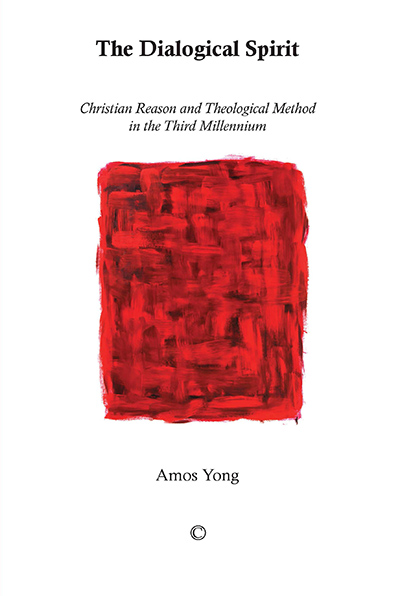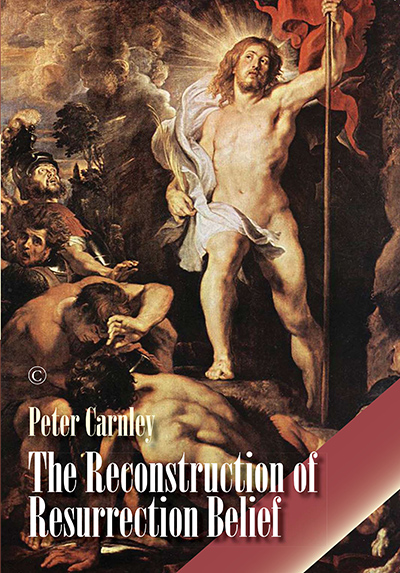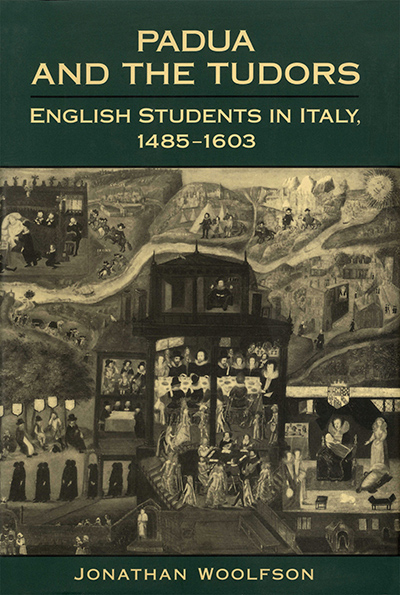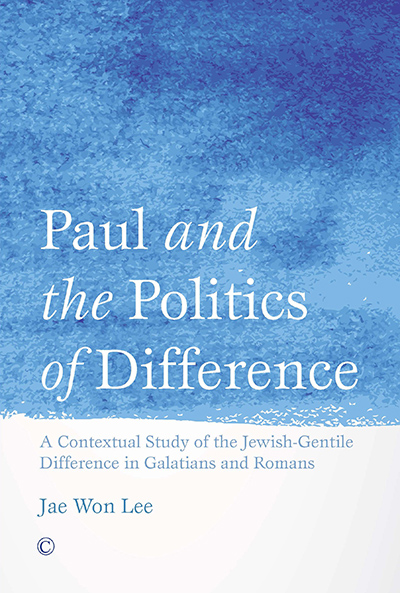Description
Contemporary proposals for Christian theology from post-Liberalism to Radical Orthodoxy and beyond have espoused their own methodological paradigms. Those who have ventured into this domain of theological method, however, have usually had to stake their claims vis-à-vis trends in what might be called the contemporary “post-al” age, whether of the post-modern, post-Christendom, post-Enlightenment, post-Western, or post-colonial varieties.
This volume is unique among offerings in this arena in suggesting a way forward that engages on each of these fronts, and does so from a particularistic Christian perspective without giving up on Christian theology’s traditional claims to universality. This is accomplished through the articulation of a distinctive dialogical methodology informed by both Pentecostalism and Evangelicalism, one rooted in the Christian salvation-history narrative of Incarnation and Pentecost that is yet open to the world in its many and various cultural, ethnic, religious, and disciplinary discourses.
Amos Yong here engages with twelve different interlocutors representing different ecumenical, religious, and disciplinary perspectives. The Dialogical Spirit thus not only proffers a model for Christian theological method suitable for the twenty-first century global context but also exemplifies this methodological approach through its interactions across the contemporary scholarly, inter-religious, and theological landscape.
About the Author
Amos Yong is Professor of Theology and Mission and Director of the Center for Missiological Research at Fuller Seminary, Pasadena, California. He is the author and editor of more than two dozen books, including Spirit-Word-Community: Theological Hermeneutics in Trinitarian Perspective (2002) and Spirit of Love: A Trinitarian Theology of Grace (2012). This book is a companion to his The Missiological Spirit: Christian Mission Theology for the Third Millennium Global Context (James Clarke and Co Ltd, 2015).
Contents
Preface
Acknowledgments
Introduction
Part I – The Postfoundationalist Turn: Epistemology and Theology after the Enlightenment
1. The Demise of Foundationalism and the Retention of Truth:
What Evangelicals Can Learn from C. S. Peirce
2. Pragmatist and Pragmaticist Trajectories for a Postmodern Theology
3. In Search of Foundations: The Oeuvre of Donald L. Gelpi SJ,
and Its Significance for Pentecostal Theology and Philosophy
Part II – The Post-Christendom Era and the Pentecostal Retrieval
4. The “Baptist Vision” of James Wm. McClendon Jr:
A Wesleyan Pentecostal Response
5. Whither Evangelical Theology? The Work of Veli-Matti Kärkkäinen
as a Case Study of Contemporary Trajectories
6. Radically Orthodox, Reformed, and Pentecostal: Rethinking the Intersection
of Post/Modernity and the Religions in Conversation with James K.A. Smith
Part III – The Postsecular Milieu: Theology Meets Science and Religions
7. From Quantum Mechanics to the Eucharistic Meal: John Polkinghorne’s
“Bottom-up” Vision of Science and Theology
8. Mind and Life, Religion and Science: His Holiness the Dalai Lama
and the Buddhist-Christian-Science Trilogue
9. Tibetan Buddhism Going Global? A Case Study of a Contemporary
Buddhist Encounter with Science
Part IV – The Postmodern Situation: Pluralism and Theology in Global Context
10. The True Believers? Francis X. Clooney and “Dual Religious Belonging”
in the Comparative Theological Enterprise
11. Observation-Participation-Subjunctivation: Methodological Play and Meaning-Making
in the Study of Religion and Theology
12. Toward a Relational Apologetics in Global Context: A Review Essay of
Benno van den Toren’sChristian Apologetics as Cross-Cultural Dialogue
Conclusion – Christian Theological Method: Toward a Pneumatological Imagination for the Third Millennium
Bibliography
Index
Endorsements and Reviews
If there is one theologian whose scholarship marks, mirrors, and advances the evolutionary highpoints of pentecostal theology, it is Amos Yong. This inspiring book on theological method demonstrates that the twists, turns, and swerves in his thoughts are the temporal tea leaves that not only interpret the past and present of pentecostal theology, but also decipher the future of charismatic-renewalist theology as the representative Christian theology in the twenty-first century.
Nimi Wariboko, author of The Pentecostal Principle
Yong likes to work backwards: from missiology back to theology; from current context back to scripture; from Acts 28 back to Acts 2; from Holy Spirit back to the Son and the Father. The result is a surprisingly forward-facing theological adventure with which non-Pentecostalists can profitably engage.
The Rt Revd Dr John Saxbee, Church Times, 13 May 2016





